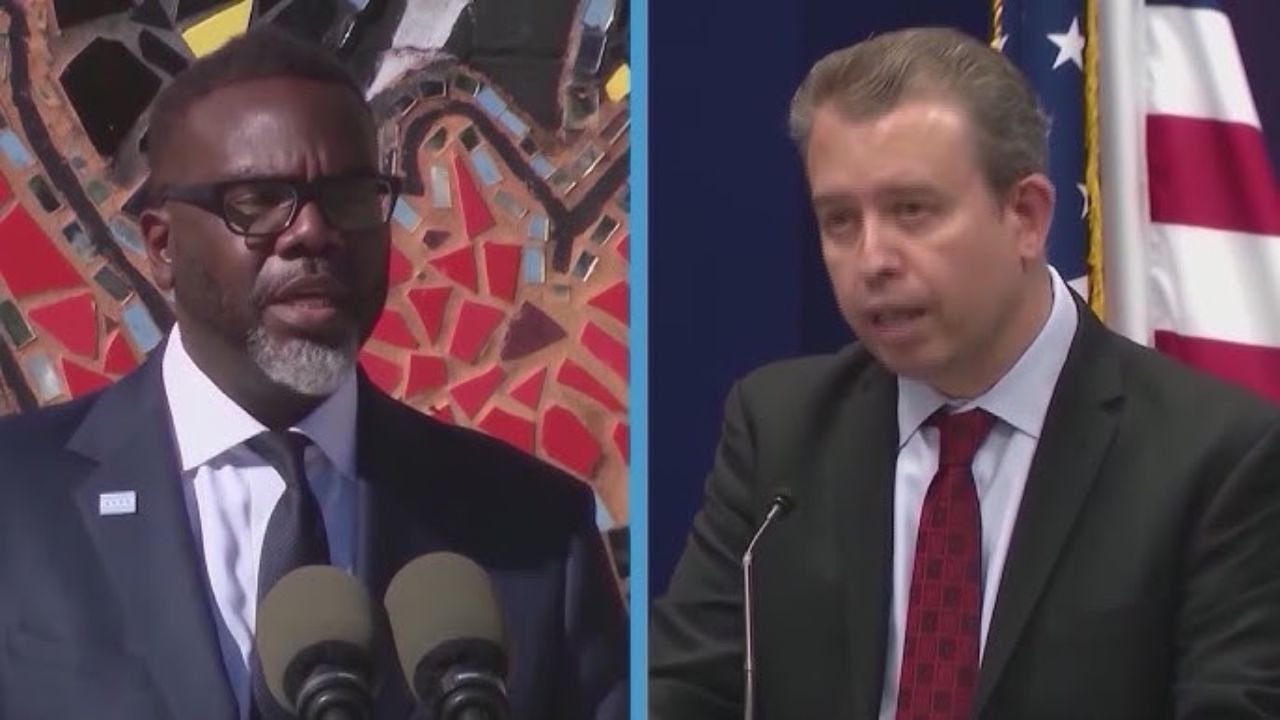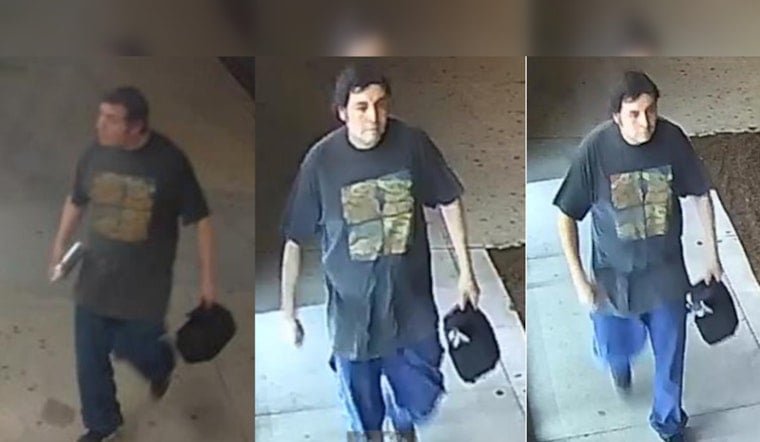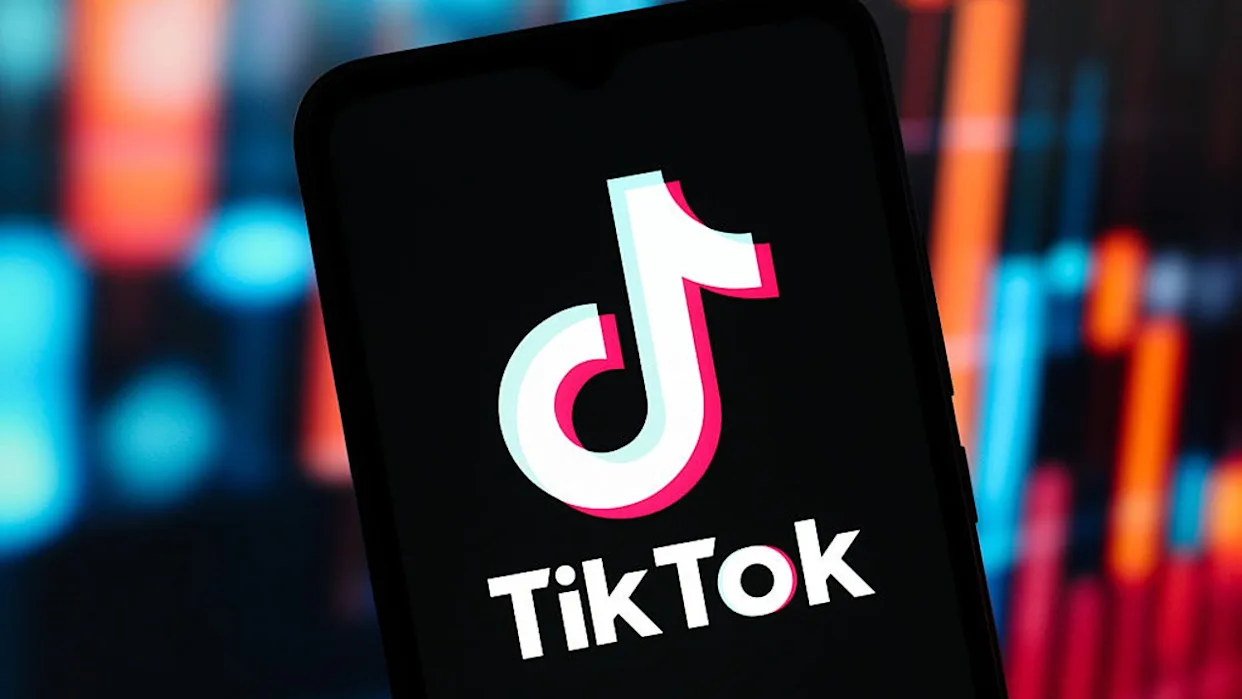CHICAGO — In his final public remarks as head of Chicago Public Schools, Pedro Martinez delivered a scathing rebuke of both City Hall and the Chicago Teachers Union (CTU) — claiming they deliberately sought to plunge CPS into financial crisis in hopes of demanding a state or federal bailout.
Speaking Monday at a City Club of Chicago luncheon, Martinez made it clear that his refusal to borrow money to patch a budget gap was a principled stand — one that ultimately cost him his job.
“It’s one thing to say you support fully resourcing schools,” Martinez said. “It’s another thing to intentionally drive the district into financial distress just to trigger a bailout. That’s what I was being asked to do.”
Martinez Says Loan Demand Crossed a Line
The tension came to a head earlier this year when the mayor’s office pressed CPS to take out a loan to cover its projected budget shortfall. Martinez said he discussed the request with his wife and decided he couldn’t support what he viewed as reckless borrowing.
“She asked me, ‘Are you willing to risk everything?’ And I said yes,” he recalled.
Instead, he chose to base the upcoming school year’s budget on revenue he believes already exists within TIF (Tax Increment Financing) districts — arguing that no new taxes or loans were necessary, only political action to release those funds.
“The revenue exists,” he said. “You don’t need a new tax, don’t need any irresponsible borrowing.”
Union and Principals Slam ‘Magical’ Budget Assumptions
Martinez’s approach was sharply criticized by the CTU and the Chicago Principals & Administrators Association, which called his budgeting model for next fall “magical thinking.” The criticism stems from concerns that if the expected revenue fails to come through, mass layoffs could hit teachers and support staff — either this summer or midway through the school year.
Martinez warned that failing to allocate TIF funds for public schools, while asking families to pay more for city services, was unjust.
“In a city where we’re already overtaxed and overcharged for everything — where my wife has to stand in line two hours just to get our kids in a park district program — that’s just wrong,” he said.
Defending His Record on Academic Growth
Despite the controversy, Martinez defended his legacy, pointing to rising reading and math proficiency rates in elementary schools, as well as increased college credit attainment among high school students.
“What’s really driving that is our comprehensive high schools,” he said. “And that success is thanks to the incredible work of our teachers and students.”
Martinez said that CPS has made progress during his tenure, even without full support from key city stakeholders.
“The evidence shows we’re on the right path — and we got here in spite of not having people watching our backs.”
Looking Ahead to an Elected School Board
Martinez expressed hope for the district’s future, especially with the upcoming transition to a fully elected 21-member school board by 2027 — which would remove mayoral control over CPS governance.
However, he also admitted to one regret: not addressing the district’s bloated school infrastructure. With declining enrollment, CPS continues to operate too many underused buildings — a structural challenge that future leaders will need to confront.
Do You Think CPS Is Headed in the Right Direction?
Should CPS leaders rely on borrowing to meet budget gaps — or push harder for local revenue reforms? Do you agree with outgoing CEO Martinez’s stand against political pressure? Join the debate at ChicagoSuburbanFamily.com and share your thoughts on how public schools should be funded and led.












